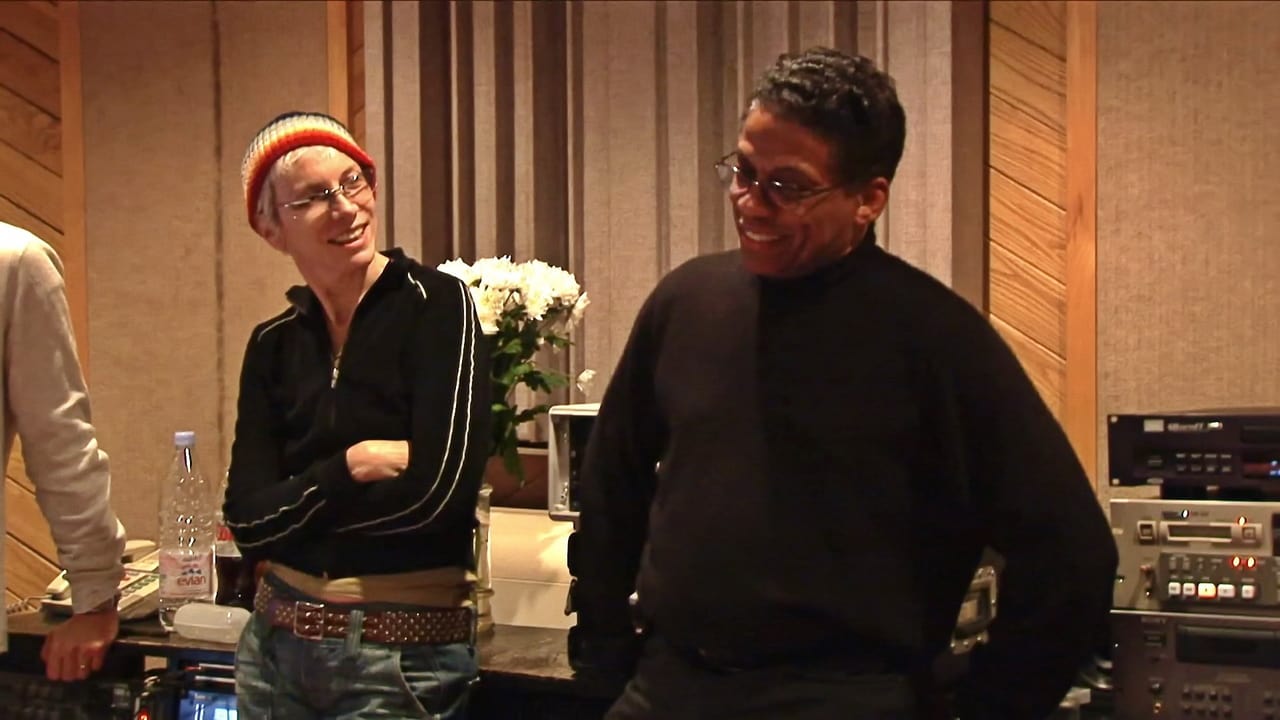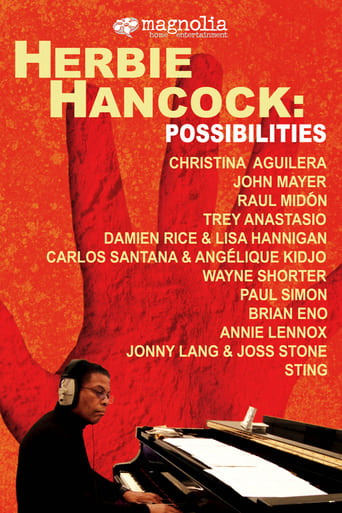Majorthebys
Charming and brutal
Ogosmith
Each character in this movie — down to the smallest one — is an individual rather than a type, prone to spontaneous changes of mood and sometimes amusing outbursts of pettiness or ill humor.
Humaira Grant
It’s not bad or unwatchable but despite the amplitude of the spectacle, the end result is underwhelming.
Yash Wade
Close shines in drama with strong language, adult themes.
lastliberal
Fascinating! I was a fan of a certain type of jazz back in the early seventies - Herbie Hancock, Stanley Turrentine, Grover Washington, Jr. They were all favorites. So this was a chance to see one of my favorites and learn something about how music is made.One of the interesting things that struck me was the very definition of jazz by Miles Davis. Jazz is not practiced, but it is created on stage in front of an audience. You really see that creative process at work here, as they would start with an idea and kick around until something was cooked up by everyone.There was also a great mixture of flavors in this album they were working on. You would see Carlos Santana mixed with Hancock, and the vocals would be African lyrics supplied by Angélique Kidjo. Or, you would see two young Irish singers interpret a Billy Holiday tune. Or, you would see Sting supply the vocals to a blues standard where the music had been given a different flavor due to the arrangement by Lionel Louke.It was an enjoyable experience that allowed me not only to appreciate Hancock more, but to appreciate music more.
Enrico Ponzone
This is a very good documentary about one of our outstanding living jazz pianists. Herbie Hancock, best know for his "Cantaloupe Island" and "Watermelon Man" nowadays ubiquitous classics, reveals in this film how versatile and adaptable a musician he is. We witness Hancock creating music pieces with the great like Sting, Annie Lennox, Santana and Angélique Kidjo but his most interesting experiments are pulled off with young, lesser known talents from Ireland and Santa Monica. Raul Midón had us rush to check him out after the performance. While the documentary focuses on the interaction of Hancock with living musicians, Miles Davis could not have been left out given his great influence on Hancock in the "second great quintet" years. After showing the portrait of a talented music experimentalist the documentary attempts, with less success, to show us the man delving in his own soul. It would have been better to show this side of Hancock throughout the film rather than treating the issue somehow separately towards the end.

